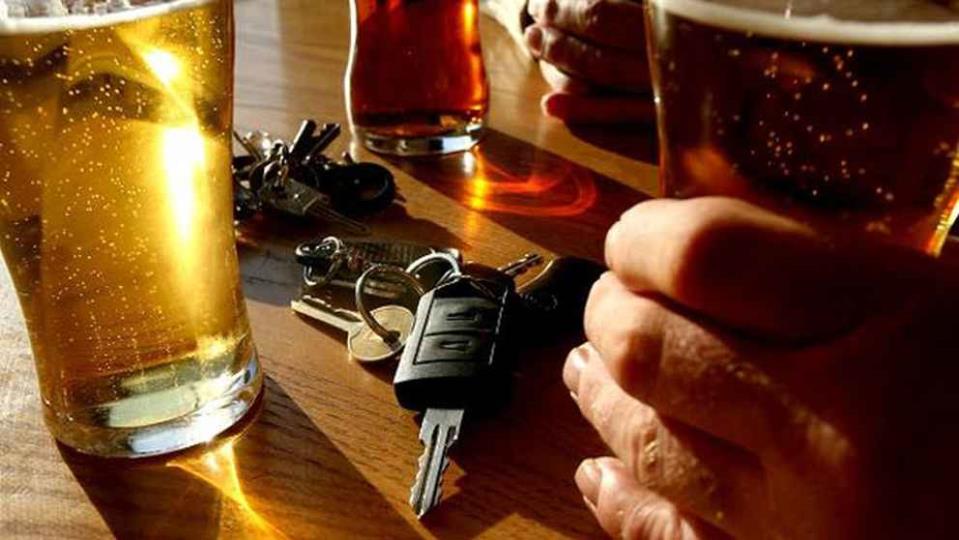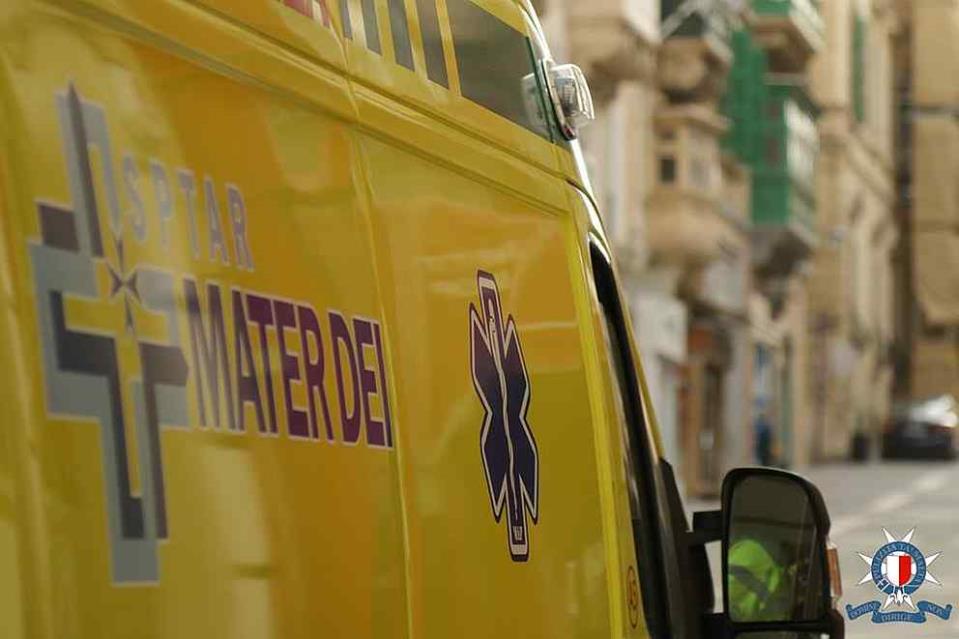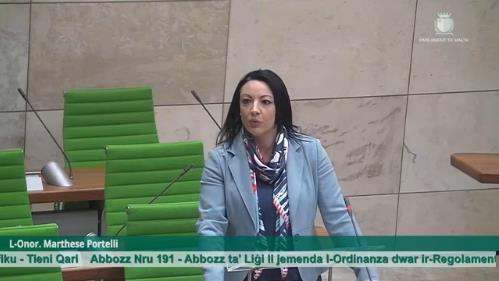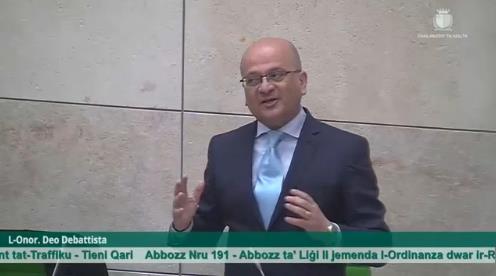Justice Minister Owen Bonnici proposed the introduction of a “warning traffic system” whereby wardens would be empowered to issue a warning ticket for soft contraventions such as parking in an incorrect space.
“The idea is for a person to educate himself, and send the message that we are not chasing fines but we want to public to become more educated when on the roads,” he said.
Parliament discussed changes to drink driving laws which include a more lax point system extended to all drivers, empowers wardens to pull drivers over on suspicion of drunk driving and bans paid drivers from drinking any minimum quantity of alcohol.
Grave contraventions would see a driver penalised with points, however soft contraventions would fall under the warning ticket system he said.

Dr Bonnici presented the main changes which include:
Wardens will be empowered to breathalyse drivers who they believe have had a few too many drinks. Should the breathalyser results show that the driver has exceeded the threshold, then by law the warden is required to call police officers to the scene.
“It does not make sense that a warden can stop a driver when there is no seatbelt, or they are talking on their mobile, but they had no power to ensure the safety of other drivers by pulling over drivers whom they have reasonable suspicion that they are under the influence of alcohol.”
In addition to this, a point system will be introduced for all drivers, and not just new-drivers who are on probation. The law has been proposed to act as a deterrent against reckless driving that endangers the lives of all, Dr Bonnici said.
In 2016 alone, a total of 24 people tragically lost their lives in various traffic accidents.

He explained that any points racked up by a driver would disappear after 12 months, reason being that the scope is not for the government to impose draconian laws, but for drivers to be made aware of the consequences of their actions and be deterred from such reckless endangerment.
If a driver repeatedly racks up the maximum limit of points, it would not just be a matter of waiting for 12 months to pass, Dr Bonnici said, but that driver would have to convince the courts to reinstate their license if the maximum points are reached in four consecutive years.
When you have reached the 12 points, if in the following year you do not rack up another 12 points, all points racked up would get stricken off and that driver would start off with a clean slate.
Fines for those who drink drive will be harsher. Today the law provides for a fine of €1,200 or three months imprisonment. It has been stepped up to a €1,800 fine or six months prison. Second offences or more will be slapped with a fine that has been raised from 2,300 to 3,000 and six months jail to one year jail.
Courts will be given power to order a probation period of offenders and go to seminar under the individual’s expense
Alcohol limit thresholds have also been proposed to increase. Dr Bonnici said that from having among the most generous thresholds in Europe, Malta would meet the EU average, from 0.8g of alcohol per litre of blood to 0.5g.
Those found driving without a license or found driving under false number plates will have harsher fines imposed on them than the current ones.

Marthese Portelli slammed the government for not initially presenting the Bill to include the type of contraventions that would lead drivers to rack up penalty points. The warning ticket system was neither presented to the Opposition, Dr Portelli said.
The Opposition will be voting on the Bill that was presented to them today, limiting the alcohol levels, the increase in fines and the regulation regarding those who are driving without a license.
Minister Bonnici said that the consultation has ended therefore all the measures outlined by the Government this evening in Parliament, and not just those presented in the initial Bill.
Suggestion of a comprehensive analysis on increased enforcement powers to Local Councils.
“Nobody more than the Local Councils know better the exigencies and the problems faced within a particular locality”.

Labour MP Deo Debattisto suggested the provision of breathalysers at known drinking spots such as bars, parties or weddings, with the idea that “prevention is better than cure”.
People would be able to ascertain whether they are in a position to drive, he said.